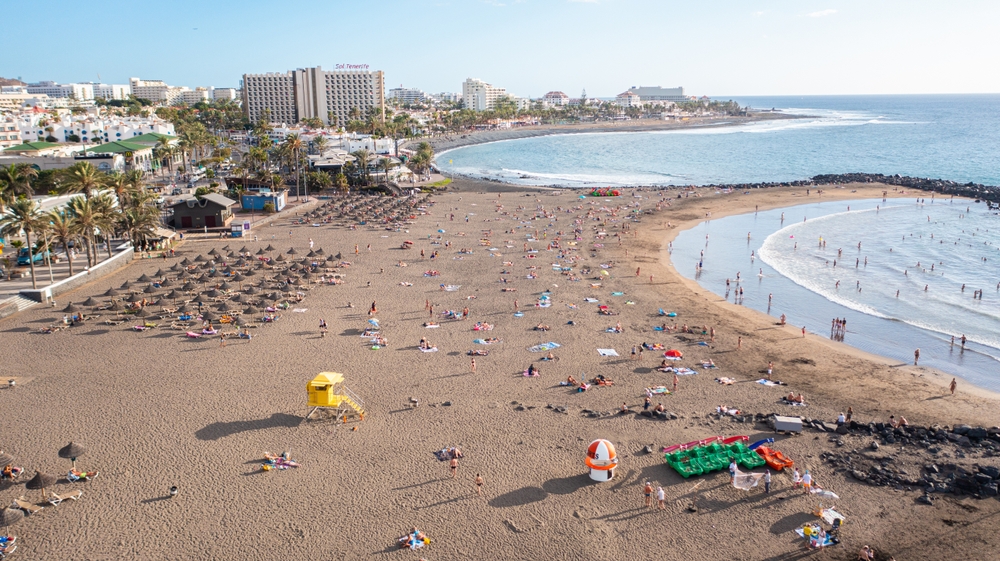Government crackdown on unlicensed tourist rentals gains legal backing as Madrid leads national enforcement effort.
Others are reading now
As Spain’s housing crisis collides with surging tourism, regulators are cracking down on illegal short-term rentals that skirt local laws and erode residential communities.
This week, the Spanish government scored a major legal victory in its campaign to hold platforms like Airbnb accountable for thousands of unlicensed listings.
Spain’s Ministry of Consumer Affairs has ordered Airbnb to block more than 65,000 illegal holiday rental ads across the country, following a court ruling that upheld its authority to act.
The directive targets properties that violate regional licensing laws and consumer protections.
Also read
Airbnb Loses Court Battle
The move follows a decision from the Madrid High Court, which dismissed Airbnb’s appeal against a 2023 order to remove 5,800 specific listings.
These properties spanned six major regions: Andalusia, Madrid, Catalonia, Valencia, the Balearic Islands, and the Basque Country.
In light of the ruling, Spanish regulators have reaffirmed that Airbnb’s Irish subsidiary — which manages its European operations — must now enforce a broader ban affecting 65,935 listings identified in three separate investigations.
Authorities say the listings are illegal for several reasons: many lack license or registration numbers required by regional laws, misrepresent the identity of landlords, or use false documentation.
Knowing whether landlords are private individuals or professionals is fundamental to determining consumer rights.
According to the ministry, some large property managers disguise themselves as private hosts to avoid customer service obligations and skirt negative perceptions of corporate landlords.
Local and National Pushback
Madrid Mayor José Luis Martínez-Almeida praised the move, calling it a necessary step to curb unregulated rentals.
The TSJ ruling confirms it’s the government’s job — not the municipalities’ — to tackle this issue.
As reported by El País, Madrid has the highest number of tourist flats in Spain, with 15,200 of the city’s 16,300 listings operating outside the law.
The city council is now preparing to vote on Plan Reside, a proposal to confine tourist rentals to designated buildings in central areas — a measure critics say could displace long-term residents and is impossible to enforce with only 18 inspectors citywide.


